war
Since 1800, over 37 million combatants have died in wars globally. World War II remains the deadliest, with 70–85 million total deaths. Recent conflicts in Ukraine, Gaza, and Sudan have added hundreds of thousands more. Civilian casualties, famine, and disease often amplify war-related death tolls significantly.
How War and Violent Conflict Affect Us All
“The world is facing the highest number of violent conflicts since the Second World War and 2 billion people—a quarter of humanity—live in places affected by such conflict.”
—United Nations Deputy Secretary-General, January 26, 2023
War and violent conflict are no longer isolated events confined to distant regions. In today’s interconnected world, their effects ripple across borders, impacting people everywhere—whether directly or indirectly. Even areas currently at peace are not immune to the consequences, and the damage often continues long after the fighting has ceased. The toll is not only physical but also emotional, economic, and environmental.
Food Shortages
Conflict remains the leading cause of hunger. The World Food Programme reports that 70% of the world’s hungry people live in areas afflicted by war and violence.
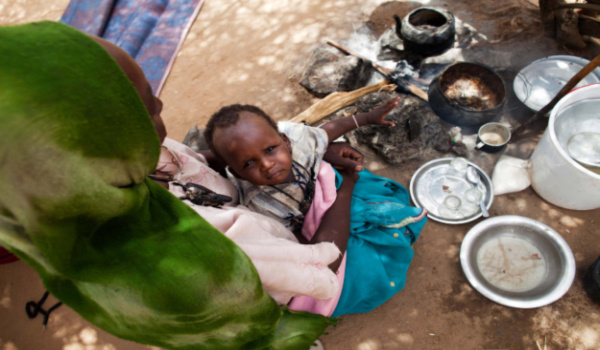
When farmland is destroyed, supply chains are disrupted, and humanitarian access is blocked, food becomes scarce.This leads to malnutrition, stunted growth in children, and increased mortality rates. In some cases, warring parties deliberately target food supplies to weaken their enemies, leaving civilians to suffer the consequences.
“They will hunger no more and thirst no more, neither will the sun beat down on them nor any scorching heat.”
—Revelation 7:16
Physical and Mental Health Problems
The constant threat of violence and instability can cause severe stress and anxiety. People living in conflict zones are more likely to suffer physical injuries and develop mental health conditions such as depression and post-traumatic stress disorder.

The trauma of witnessing violence, losing loved ones, or being forced to flee can have lasting psychological effects. Tragically, access to medical care is often limited or non-existent in these regions, leaving many without the help they desperately need.
“He is healing the brokenhearted; He is binding up their wounds.”
—Psalm 147:3
Forced Displacement
War forces millions to flee their homes in search of safety. As of September 2023, over 114 million people worldwide had been displaced due to conflict.
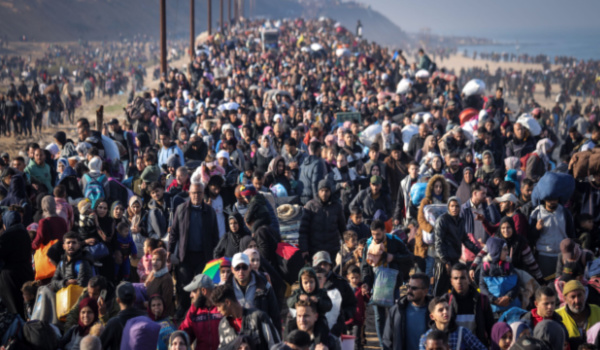
Families are torn apart, communities are uprooted, and many end up in overcrowded refugee camps or foreign countries where they face uncertainty and hardship.
Displacement disrupts education, employment, and access to basic services, leaving people vulnerable and often dependent on humanitarian aid.
“They will not build for someone else to inhabit, nor will they plant for others to eat.”
—Isaiah 65:22
Economic Hardship
The economic toll of war is staggering. Inflation often surges, jobs vanish, and governments divert funds from essential services like education and health care to military spending.
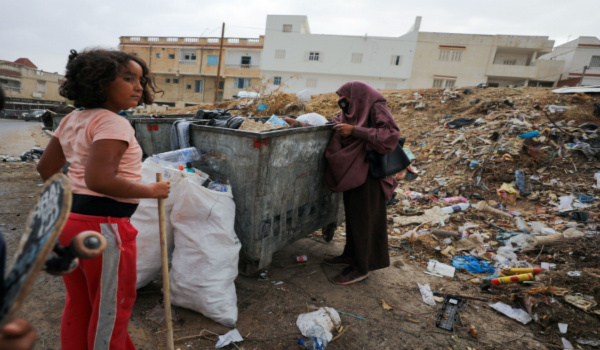
Infrastructure such as roads, schools, and hospitals may be destroyed, and rebuilding them requires enormous resources. Businesses close, trade routes are blocked, and foreign investment dries up. These conditions can plunge entire nations into poverty and hinder development for decades.
“Better is a little with righteousness than great income without justice.”
—Proverbs 16:8
Environmental Problems
War also wreaks havoc on the environment. Natural resources are destroyed or polluted, leaving communities without clean water, fertile soil, or breathable air. The use of explosives and chemical weapons contaminates ecosystems, and hidden landmines continue to pose deadly risks long after the fighting ends.
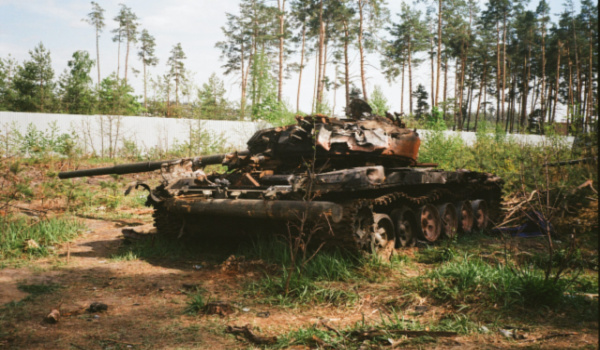
Forests may be burnt, rivers poisoned, and wildlife driven away. The environmental damage caused by war can take generations to repair and often leads to further conflict over dwindling resources.
“God will bring to ruin those ruining the earth.”
—Revelation 11:18
Global Impact
Even those far removed from conflict zones are affected. Refugee crises can strain neighbouring countries and international aid systems. Economic instability in one region can disrupt global markets.
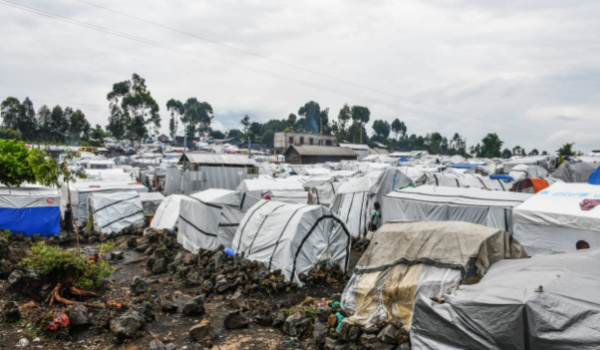
Environmental damage can contribute to climate change, affecting weather patterns and agriculture worldwide. The psychological toll of witnessing war through media can also affect people’s sense of security and well-being. In a globalised world, no one is truly untouched by the consequences of war.
“Look! How good and how pleasant it is for brothers to dwell together in unity!”
—Psalm 133:1
The Call for Peace
The devastating effects of war highlight the urgent need for peace and cooperation. Preventing conflict requires diplomacy, education, and addressing the root causes of violence—such as inequality, injustice, and competition over resources. Unfortunately, in just over 2,000 years, despite all their summits, meetings and false promises, no human government has brought peace to the world!

Supporting peacebuilding efforts and humanitarian aid can help mitigate the impact of war and promote healing. Ultimately, fostering understanding and compassion among people is essential to building a more peaceful world.
“Happy are the peacemakers, since they will be called sons of God.”
—Matthew 5:9
Without a doubt—war is destructive, costly, and deeply harmful to people everywhere. Its consequences extend far beyond the battlefield, affecting lives, livelihoods, and the planet itself. Human efforts—no matter how sincere—cannot bring lasting peace. Only divine rulership offers true justice, unity, and enduring security.
“Do not put your trust in princes nor in a son of man, who cannot bring salvation.”
—Psalm 146:3
“He will render judgement among the nations and set matters straight respecting many peoples.”
—Isaiah 2:4

